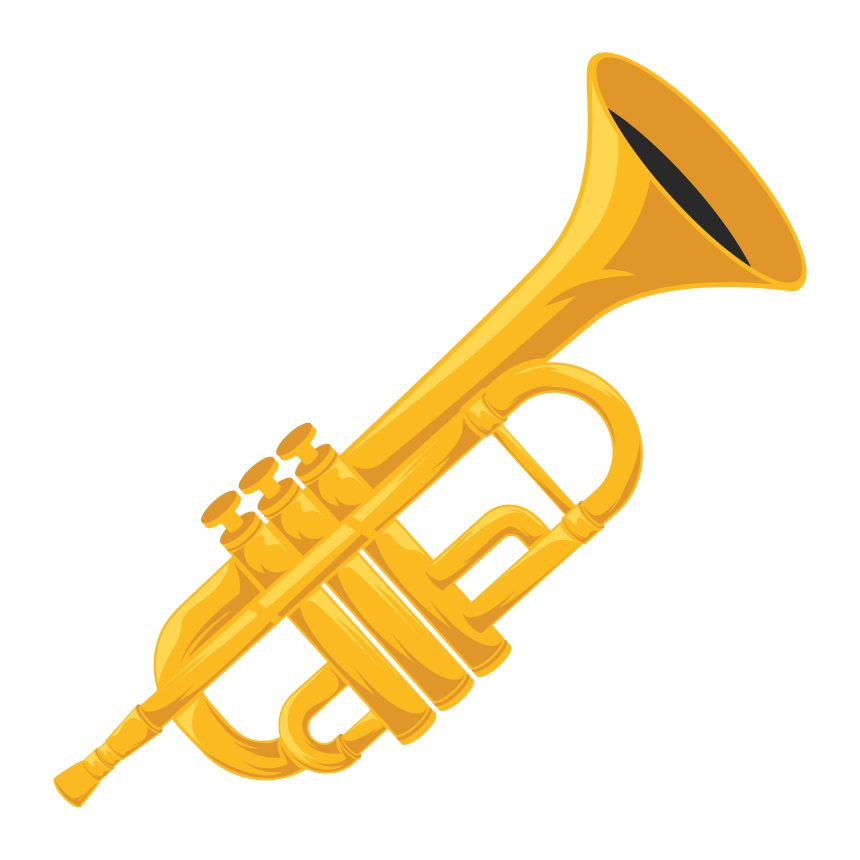We are told in our Parashah: ‘When you go out to war in your land against your enemies, you should blow trumpets in order that you will be remembered before Hashem and saved from your enemies’ (10:9). The next verse tells us how trumpets were also supposed to be blown when the korban olah and shelamim were offered.
Yet, why do we need to blow trumpets when we go out to war? Also, it seems from the verse that we will be saved in the merit of blowing trumpets, why is this so? Furthermore, why do trumpets need to be blown when bringing korbanos? To answer these questions, we need to explore the deep spiritual power that music has. In fact, the Sefer HaChinuch (384) writes, that there is nothing which can arouse a person as much as pleasant tunes. They help pluck at our heartstrings inspiring us to draw close to Hashem. Therefore, the Chinuch explains, that when the Jews were under the great threat of their enemies, it was very important to play beautiful music, inspiring them to cry out to Hashem to protect them. In the merit of these heartfelt prayers, inspired by the melodious sound of the trumpets, they were answered.
Similarly, bringing the korbanos is a very serious matter, and if the Kohen has incorrect thoughts, it can completely disqualify the korban. Therefore, beautiful music was played in order to help spiritually arouse the Kohanim, inspiring them to have the correct thoughts.
We see how powerful song can be and how it inspires us to come close to Hashem. Singing praises is a very meaningful way in which to express our appreciation, and has such a great impact. In fact, the Zohar teaches that the redemption will come in the merit of singing pleasant tunes and praises to Hashem, and that by singing we grow spiritually. (Tikunei Zohar 21:51b)
The Zohar also writes that there is a unique chamber in Gan Eden that can only be accessed through singing songs of praise to Hashem. One Tzadik who accessed this holy chamber was David Hamelech (Tikunai Zohar 11 26b). He devoted his entire life to composing heartfelt songs of praise to Hashem, known as Tehillim. The book of Tehillim contains numerous references to singing to Hashem and playing instruments to express our praise. David Hamelech’s strong expressions of praise to Hashem serve as a model for each Jew. As we say each Shabbos in Nishmas “שכן חובת כל היצורים לפניך להודות ולהלל ולשבח על כל דברי שירות ותשבחות … דוד בן ישי” “for it is the obligation of all beings to thank praise…. above all the songs of praises of David the son of Yishai. Rav Yerucham Levovitz observes that we see from these words how each Jew needs to follow in the footsteps of David Hamelech and compose their own songs of praise to Hashem! (Daas Torah Bo, Maamar 15)
So, in addition to praising Hashem by singing verses of Tehillim such as tov lehodos laHashem, we can actually compose our own praises; following in the footsteps of David Hamelech.
It was the practice in Russia that young, innocent, Jewish boys were forcefully taken from their homes, to be drafted into the army. They were forced to serve for extremely long periods of time, with no contact with their family and the wicked generals tried at all costs to ensure these pure children were stripped away from their rich heritage. One time, a group of kids were rounded up from a certain Shtetel who attended the same Talmud Torah. Understandably, their anguish was just unbearable. When would they next see their families? How would they be able to remain Torah observant, under these cruel conditions?
The group yearned ever so much to recite Tehillim, pleading to Hashem to be saved from this evil decree. ‘What could we do’ they bemoaned, ‘we don’t have any Jewish books with us’. They decided to sing a certain tune that was commonly sung to Tehillim. They sung and sung with such great fervor and emotion, until their beautiful singing pierced the Heavens creating a great stir. Not long after, they were miraculously sent home to their families and were permanently exempted from army service! (Shaarai Yisaschar Maamr Teka Beshodar)








